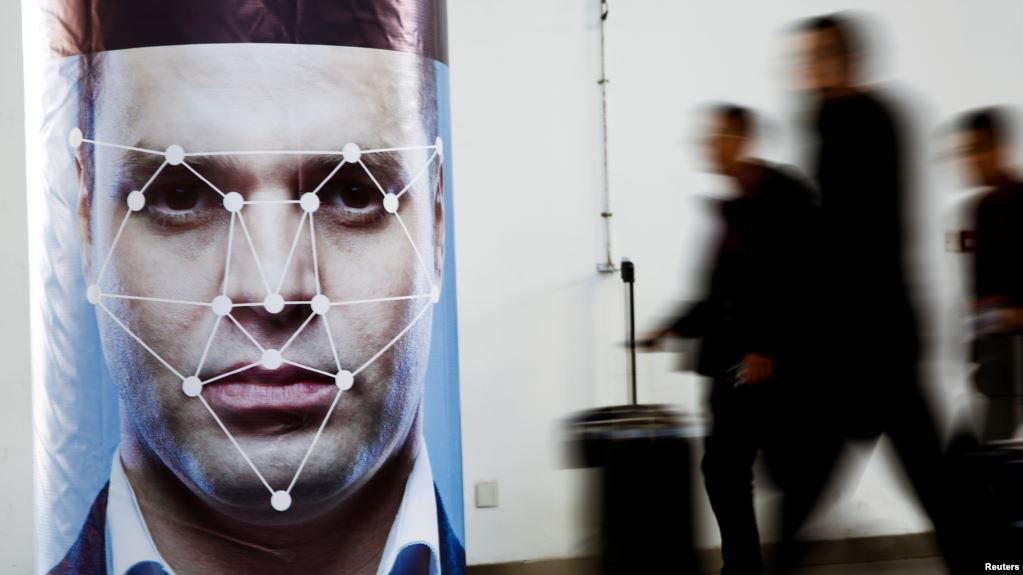China Now Requires Facial Recognition for Mobile Phone Registration

Words&Phrase Discussion 음성 파일 원문 링크 프린트
China is now requiring mobile phone users to have the image of their face captured in order to register for new service.
The facial recognition requirement went into effect on Sunday. The government says the new rule is designed to confirm a person’s identity to help prevent fraud.
China’s Ministry of Industry and Information Technology has not said which companies would operate the facial recognition systems for telecommunication companies.
A facial image capture will be required for anyone seeking to establish new mobile phone service. However, it is not clear how the new law would affect existing mobile service users.
The new rule is another example of how facial recognition systems are being used in China. The technology already is widely used in stores, subway systems and airports.
Chinese seller Alibaba gives its customers the choice of paying for products using their face at food stores. The company also lets some hotel guests use facial recognition to check in.
Several Chinese cities have announced they will use the technology in their subway systems. The government-owned China Daily reported such systems would be used to “classify passengers” and permit “different security check measures.”
In July, Xinhua news agency reported that government officials were planning or had already built facial recognition systems at the entrances to 59 public housing communities.
Reuters news agency reported last year on the wide use of facial recognition technology in the western Xinjiang area. Experts say more than 1 million people from Muslim minority groups have been detained in camps across Xinjiang.
China describes its detention centers as “re-education camps.” It says they are aimed at preventing Islamic extremism and separatism. But rights groups, the U.S. and other countries have condemned the camps as forms of “arbitrary” detention.
Some Chinese companies providing facial recognition systems linked to China’s treatment of Muslim minorities have faced U.S. economic restrictions. The companies were put on a list that bars them from buying materials from U.S. companies without U.S. government approval.
There are reports that some Chinese police agencies use special eyeglasses that use facial recognition technology.
China has announced plans to expand the use of facial recognition to register students for its National College Entrance Examination.
However, there have been calls for the government to consider additional rules for the systems.
The Communist Party newspaper People’s Daily recently urged the government to investigate after a reporter said he discovered that face data was being sold on the internet. The report said a collection of 5,000 faces could be bought for about $1.42.
Last week, China’s internet regulator announced new rules for the use of deepfake technology. A “deepfake” is a video created through machine learning methods that is false, but looks almost real.
I’m Bryan Lynn.
Words & Phrase
- fraud – n. the crime of using dishonest methods to take something valuable from another person
customer – n. person who buys goods or services from a business
classify – v. put people in groups
arbitrary – adj. not based on a system or rules and often seen as unfair
regulator – n. a person or body that makes rules for a particular industry or business activity
Words: fraud, customers, classify, arbitrary, regulator
Idioms and Phrases: "facial recognition"
Discussion
-
- 1. What new requirement is now needed for phone users in China?
2. According to the Chinese government, why have the created this new rule?
3. Where else is facial recognition used in China?
4. What is occuring in the western Xinjiang area of China that is of concern to international news agencies?
5. What is "deepfake" technology?